Dr. Ngo Thi Thuy Huong and her colleagues at Phenikaa University have just been awarded the King of Thailand Awards for their work on phytoremediation technology using Vetiver grass to reduce dioxin in contaminated soil.
Dr. Huong's research team won the outstanding research award in the non-agricultural application category, with the project "Using Vetiver grass phytoremediation technology to reduce dioxin in contaminated soil at Bien Hoa Airport, Dong Nai, Vietnam".
Vetiver grass is known to have the function of preventing erosion, conserving soil and water resources, and reducing pollution. This is the first time that research has shown that Vetiver grass can be used to treat dioxin-contaminated soil with plants, thereby opening up opportunities for the application of cleaning persistent organic pollutants (POPs) in soil and water. Dr. Huong is currently a lecturer and head of the Environmental Chemistry and Ecotoxicology research group at Phenikaa University. In 2014, Dr. Huong's research group began studying the ability to reduce dioxin from Vetiver grass.
Vetiver grass is considered by scientists as a "miracle" grass that can adapt to soil with high acidity, salinity, and alum. The grass has a large root system but the root fibers are very small and smooth (average diameter is only about 0.5-1.0mm), which is very favorable for the development of bacteria and fungi, which is a necessary condition for absorbing and decomposing pollutants. Vetiver grass can be used for many purposes such as: preventing landslides in traffic and construction works; mitigating natural disasters, protecting infrastructure... In particular, Vetiver grass is used in the treatment of soil pollution, wastewater treatment and environmental protection.
The project has achieved positive results and has many prospects when it was initially able to prove that Vetiver grass has the ability to prevent the spread of dioxin to surrounding land, reducing dioxin contamination in areas left by the consequences of war.
After completing her research in Vietnam, Dr. Huong submitted her project to the US Research Engagement Partnership Program. In 2017, the US Agency for International Development announced that the project had received a grant of 300,000 USD.
With this funding, the team will further investigate the mechanism by which Vetiver grass reduces dioxin contamination, conduct experiments that will help to identify and clarify existing problems in previous studies on the immobilization and treatment of pollutants with plants. At the same time, they will expand field research to help re-evaluate the results of laboratory research.
The King of Thailand Vetiver Awards 2023 honored six outstanding research projects on Vetiver grass, taking place in Chiang Mai, Thailand, on May 29. The awards were part of the 7th International Vetiver Conference, taking place from May 29 to June 1. This is the third time Thailand has hosted the event, with the theme "Vetiver Grass in Soil and Water Conservation", attracting the participation of scientists and researchers from more than 18 countries.
(According to TPO)
Source link


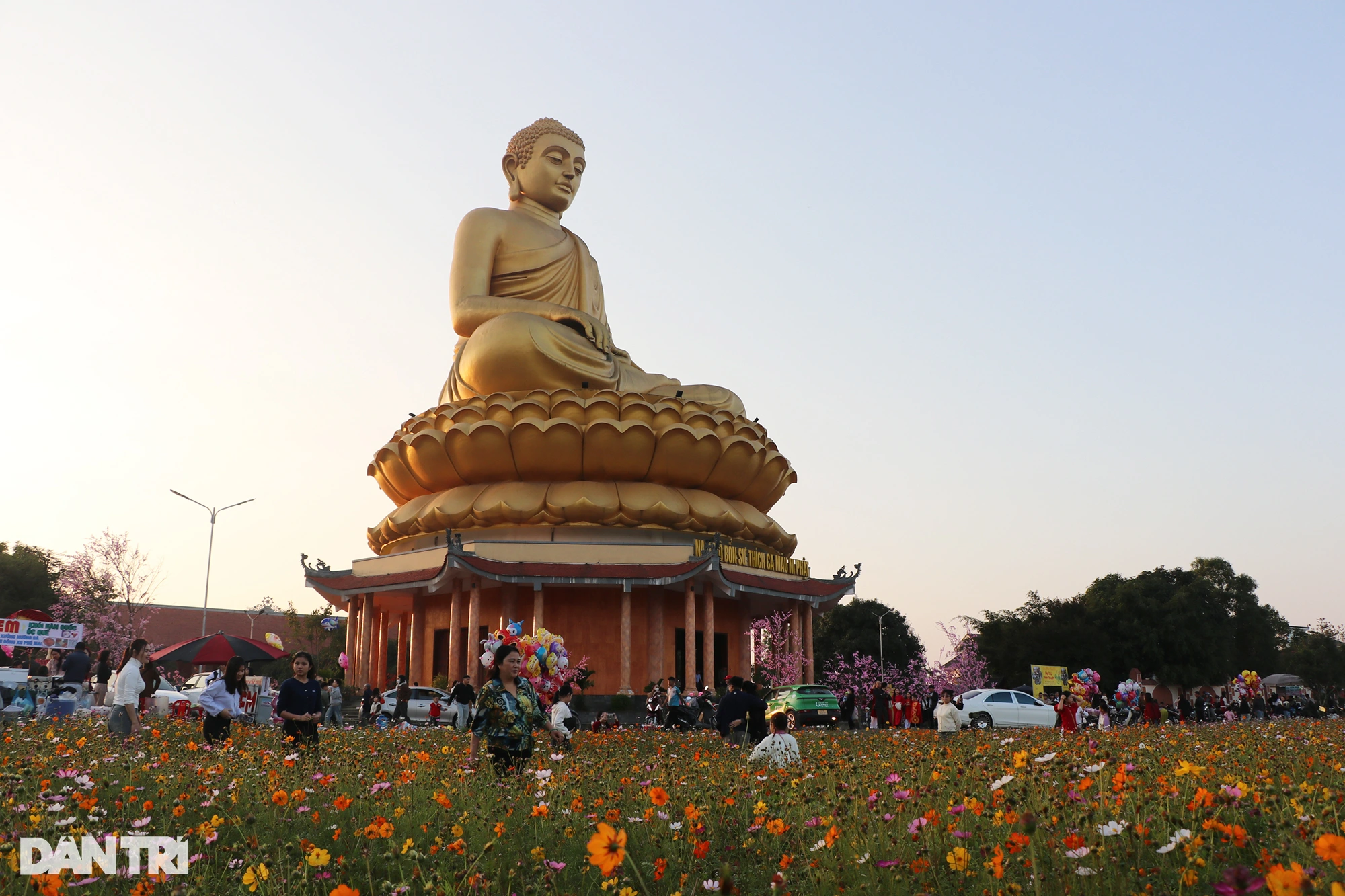




















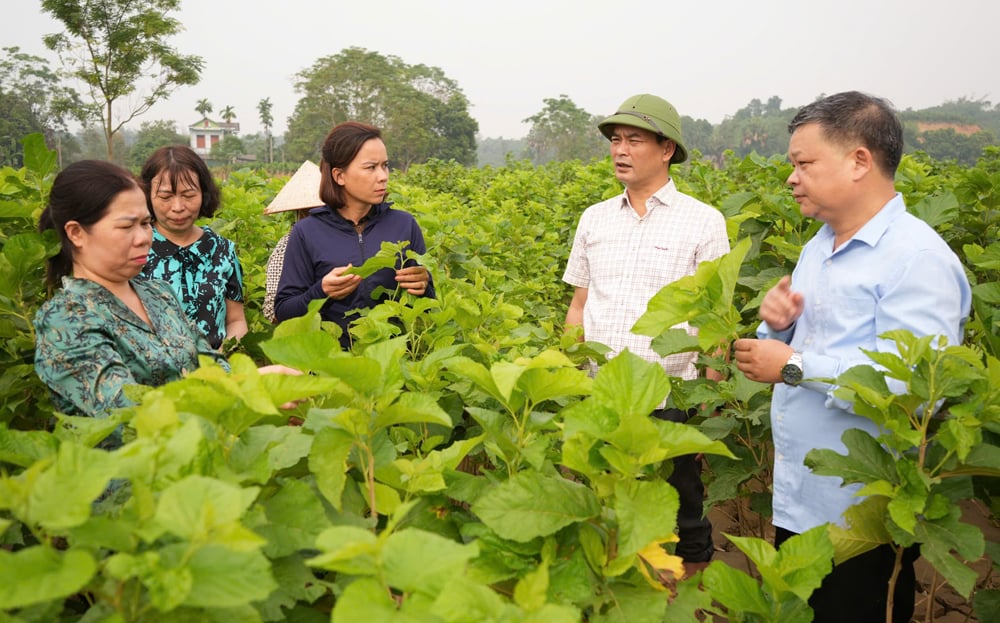


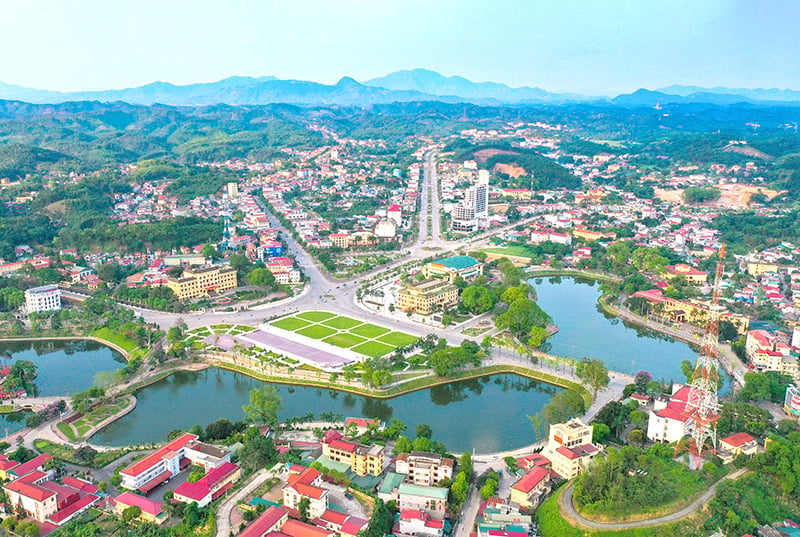

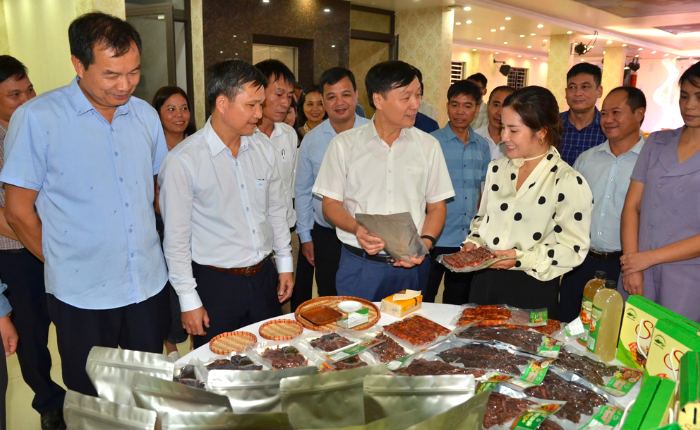
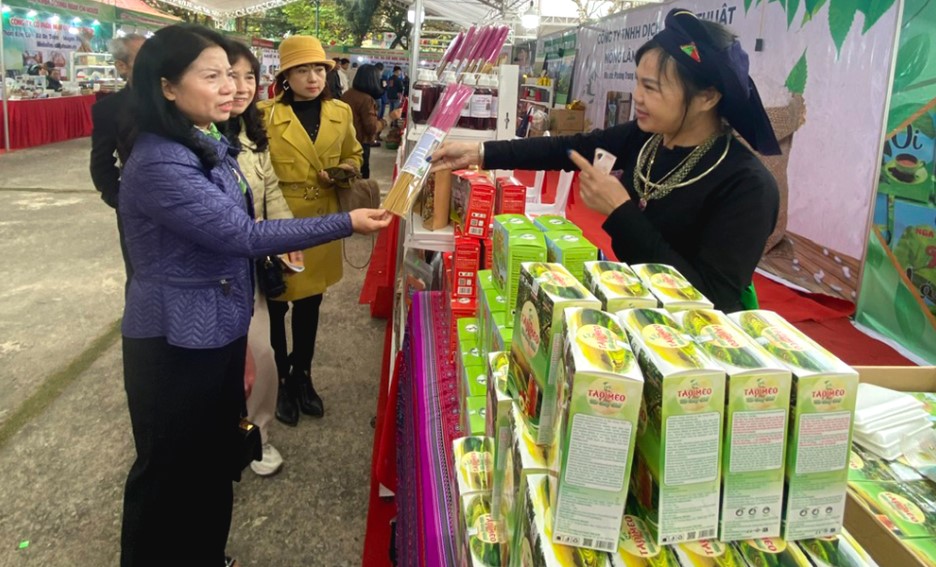
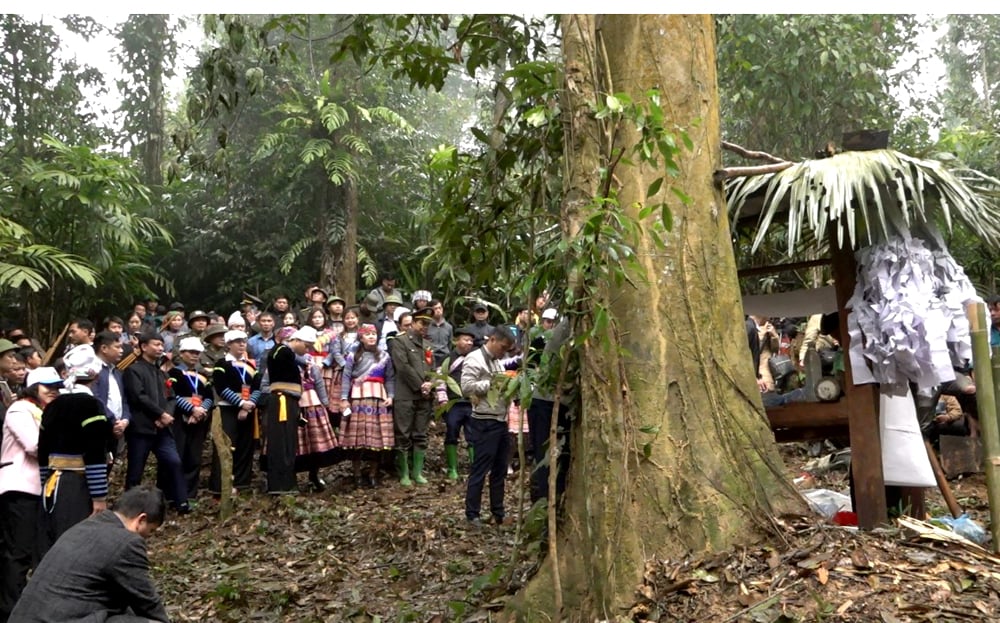
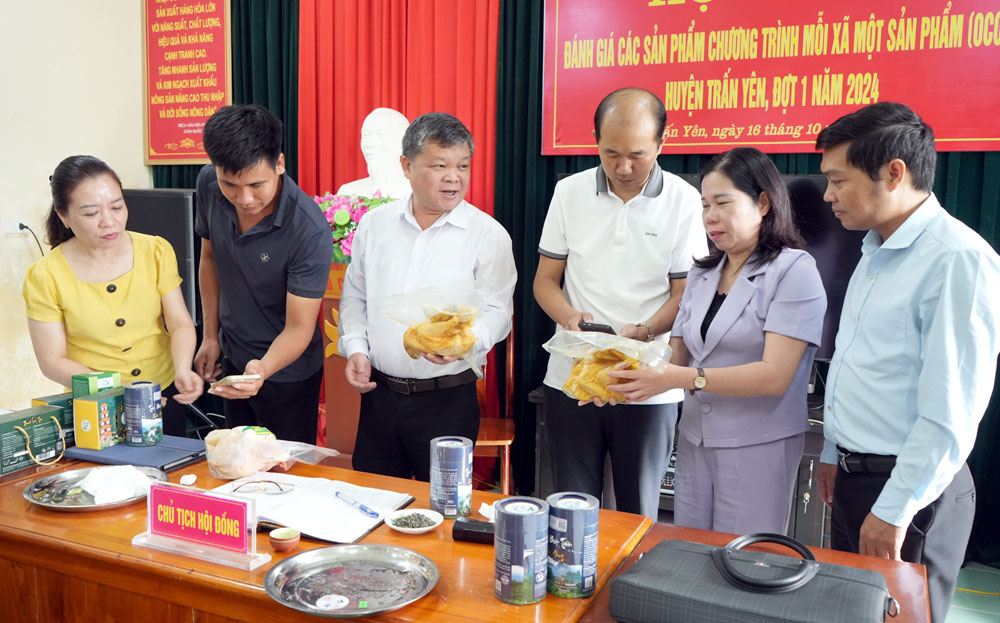
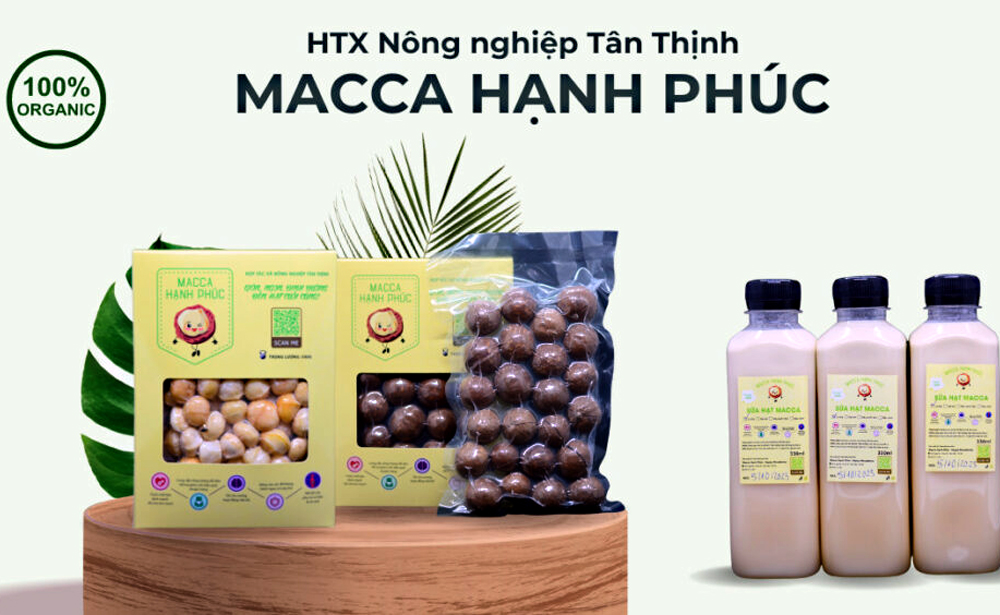
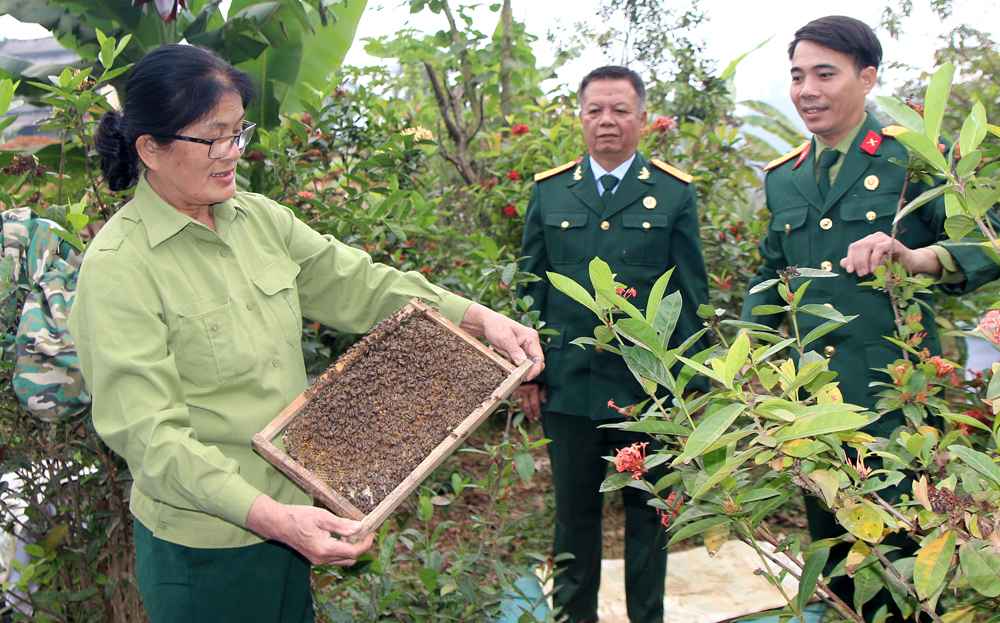







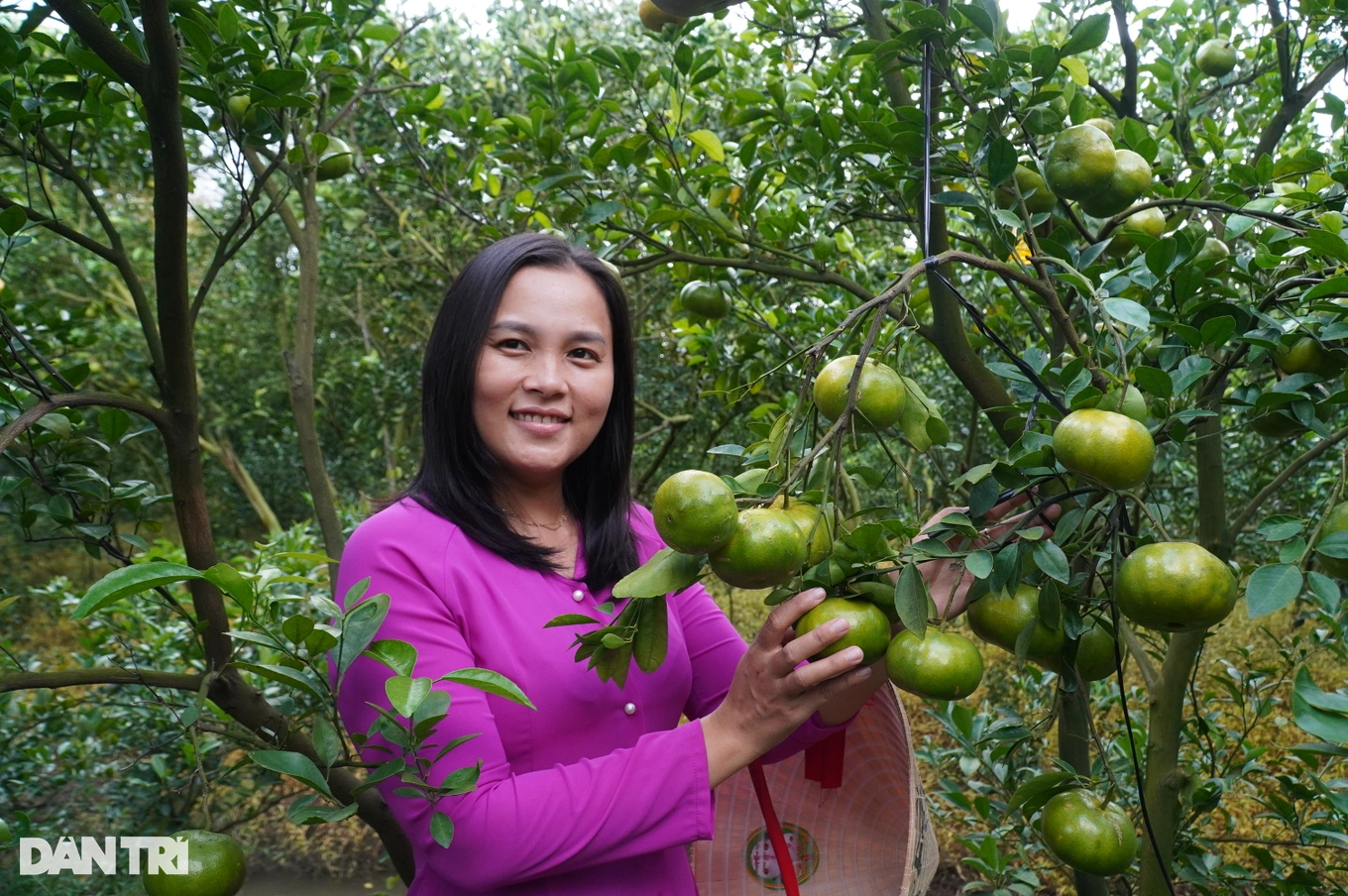








Comment (0)